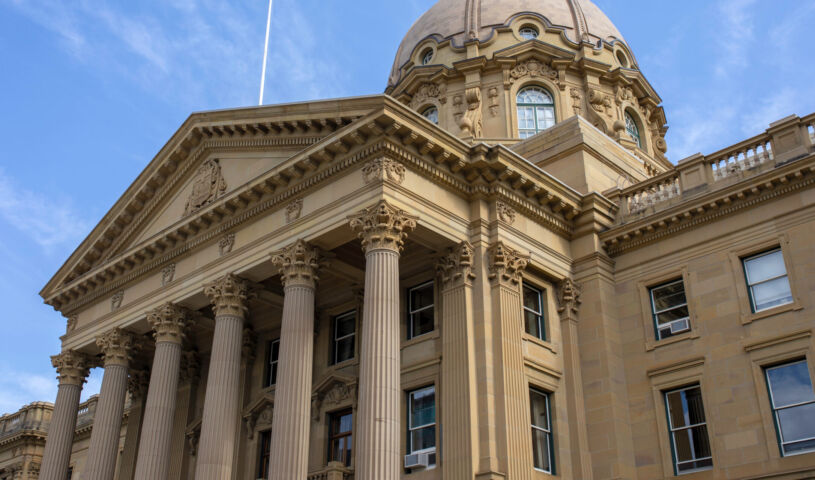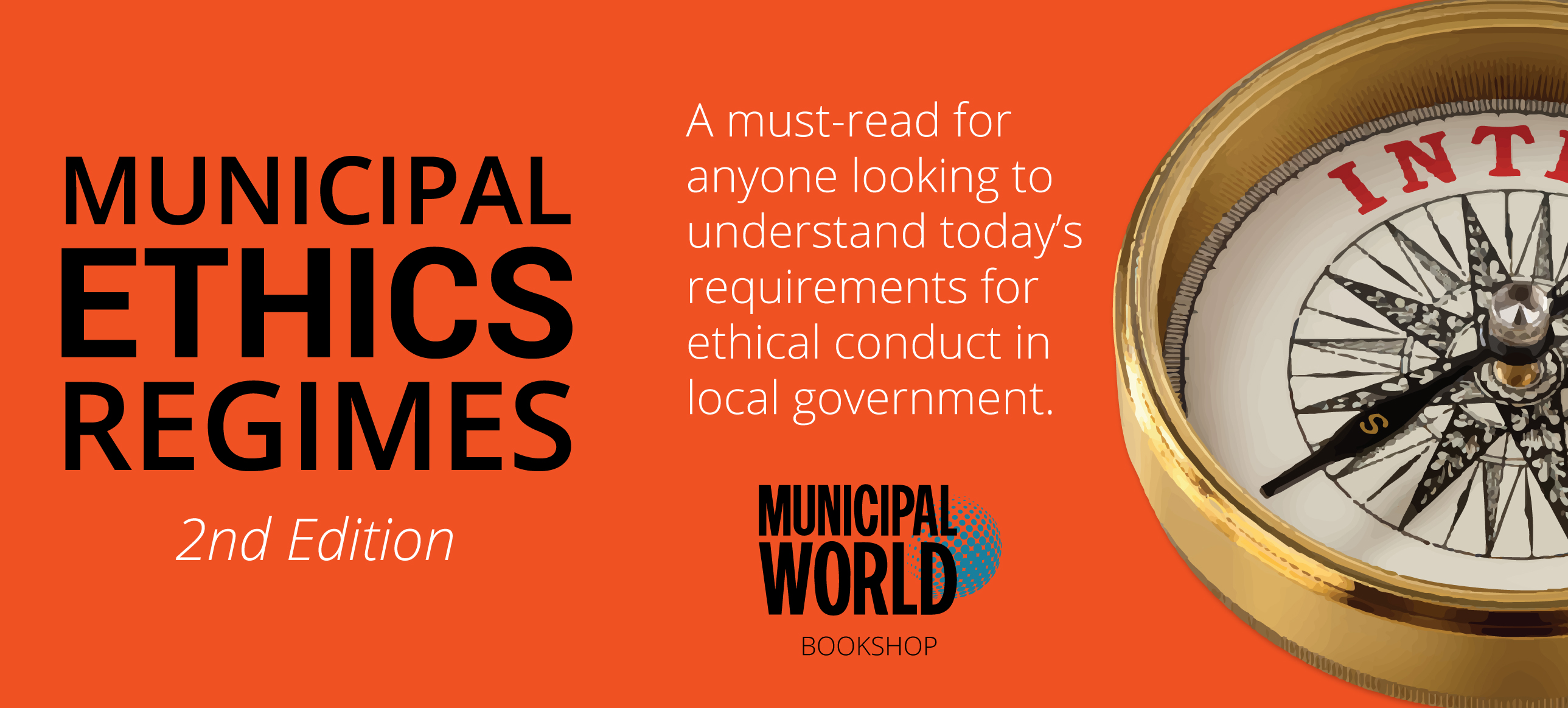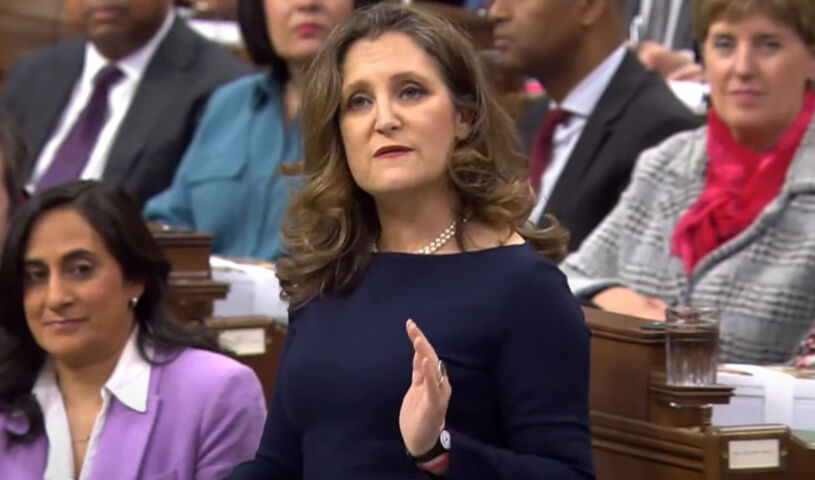Alberta proposes provincial approval of municipal-federal deals
 The Alberta government has tabled a new bill in the legislature that would stop the province’s municipal authorities from making deals with the federal government without first getting provincial permission. Photo: Adobe Stock
The Alberta government has tabled a new bill in the legislature that would stop the province’s municipal authorities from making deals with the federal government without first getting provincial permission. Photo: Adobe Stock
The Alberta government has tabled a new bill in the legislature that would stop the province’s municipal authorities from making deals with the federal government without first getting provincial permission.
Premier Danielle Smith brought Bill 18, the Provincial Priorities Act, before the Legislative Assembly of Alberta on April 10. The bill states, “No provincial entity, by itself or with any other entity, may enter into, amend, extend, or renew an intergovernmental agreement without obtaining prior approval.”
In addition, it states that any intergovernmental agreements made without approval will have no effect. The act would not only apply to municipalities, but also school boards, universities, and other post-secondary institutions, health authorities, and crown-controlled organizations.
The provincial government has indicated for some time its intention to exact greater control over municipal-federal deals. Back in the January the provincial government asked all cities and towns to provide a list of all their agreements with the federal government.
Alberta Asserts Control
In a statement introducing the legislation, Premier Danielle Smith said the federal government was interfering in provincial jurisdiction when it came to municipalities. “Today, we are taking back more of our jurisdictional control and telling Prime Minister Justin Trudeau and his cabinet that they cannot make deals without our expressed approval,” Smith said.
Provincial Municipal Affairs Minister, Ric McIver, said the government aims to bring in the new legislation by early 2025. He said the legislation would not affect any municipal-federal already in place “As long as those agreements don’t include impossible to support terms.”
He went on to say, “The requirement for provincial approval would apply to any municipality that seeks to enter into, amend, extend, or renew an agreement with the federal government. Anything like that would require prior provincial approval.”
Government officials have said the bill is modelled on legislation in Quebec on deals between the federal government and municipalities in the province. Quebec’s Act Respecting the Ministère du conseil executif dictates that “no municipal body or school body may, without the prior authorization of the [Quebec] government, enter into any agreement with another government.” It adds that any agreement must be approved by the provincial government in order to be valid.
Bill Faces Criticism
Municipal leaders in the province have expressed concern about the plan. Tyler Gandam, mayor of Wetaskiwin, Alta., and president of Alberta Municipalities, said the association was “surprised and disappointed” by Bill 18.
Calgary Mayor Jyoti Gondek said the proposed bill “will stifle Calgarians’ ability to have their hard-earned tax dollars flow back to their communities.” Gondek stated that Calgarians are getting caught in the middle of an “ideology battle” between the Alberta and federal governments, adding the provincial government’s “control issues” would take away “what rightfully belongs to Calgarians.”
That sentiment was also echoed by Edmonton Mayor Amarjeet Sohi. While he said there are “valid concerns” about jurisdiction and funding allocation, the province’s bill would mean more red tape for municipalities and other entities.
“We have over 40 agreements with the federal government, ranging from less than $2,000 to over $200 million,” Sohi said. “If the province wants to get involved with all of these agreements, it will slow down the processes of government and make it harder to take action.”
He also added the legislation would “stifle economic growth, stall infrastructure projects, and cause investor uncertainty.”
Lack of Municipal Input
McIver said the provincial government would seek guidance from the province’s municipal associations, Alberta Municipalities (ABmunis) and Rural Municipalities of Alberta (RMA). However, representatives from Alberta’s municipal associations indicated that they have not yet been consulted on the legislation.
“Yet again, the provincial government did not consult or communicate with our association on legislative changes that, if introduced, would profoundly affect the way municipalities work,” Gandam said.
“Had [the provincial government] consulted ABmunis or municipalities, we could have suggested ways to improve and streamline agreements between municipalities and the federal government to ensure Alberta gets its fair share of federal funding in a way that respects the priorities of Albertans,” he said.
McIver said that while the government hasn’t “consulted in detail,” they have “had discussions with municipalities.” He added that he had previously raised the possibility of the legislation in speeches to the RMA.
Representatives from RMA said they are concerned by the added bureaucracy and hurdles the bill could pose to smaller municipalities.
“A lot of rural municipalities don’t have the extra capacity to be running through another process,” said RMA vice president Kara Westerlund. “The provincial government, since they’ve been in power, have talked about red-tape reduction; we don’t see this at all as red-tape reduction. We actually see this as adding more red-tape.”
Westerlund said that the Alberta government had reached out to RMA staff, however, added that RMA’s members have not been sufficiently consulted on the issue.
She added that while there is some merit in what the provincial government is trying to do, rural municipalities are concerned about having to deal with even more bureaucracy when trying to access the funding they need.
Municipal Political Parties
The provincial government’s latest announcement comes weeks after Smith said she wanted to introduce political parties at the municipal level in Alberta, something that is prohibited under current legislation. Smith said the move would improve transparency in municipal government. However, that pronouncement was also met with criticism from municipal leaders.
“We’re dead set against it,” Westerlund said. “It is another level of political interference, and our members are not impressed with that at all.”
On April 9, Gandam shared the Alberta Municipalities’ recommendations to the province on improving transparency without political parties. The statement said that “legislation alone cannot fix divisiveness and dysfunction on municipal councils” and makes recommendations around election funding and advertising.
The recommendations call for a limit of donation amounts to $2,500 per candidate. “A reduction in contribution limits would go a long way towards creating a more level playing field and ensuring large donors do not drown out the voices of grassroots Albertans,” the statement read.
It also called for financial disclosure rules for candidates to be improved and for disclosure rules for third-party advertisers to be strengthened. “Voters should know who is donating money to candidates or indirectly supporting them through advertising,” the statement notes. MW
✯ Municipal World Executive and Essentials Plus Members: You might also be interested in C. Richard Tindal’s article: Limitations on municipal government 50 years later.
Ibrahim Daair is staff writer at Municipal World.
Related resource materials:



